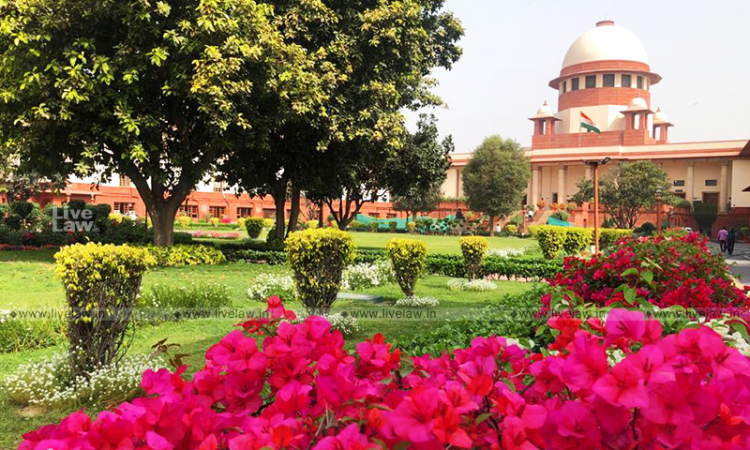POCSO : Supreme Court Issues Notice On Plea Seeking Compounding Of Case Involving Teenagers
LIVELAW NEWS NETWORK
29 March 2021 7:55 PM IST

Next Story
29 March 2021 7:55 PM IST
The Supreme Court has issued notice on a special leave petition which raises the issue that whether an adolescent boy, who enters into a relationship with a girl who is less than 18 years of age, can be punished for the offence of sexual assault under the POCSO Act.The petition is preferred against an order of the Madras High Court in Maruthupandi v. State, holding that even if a minor...
